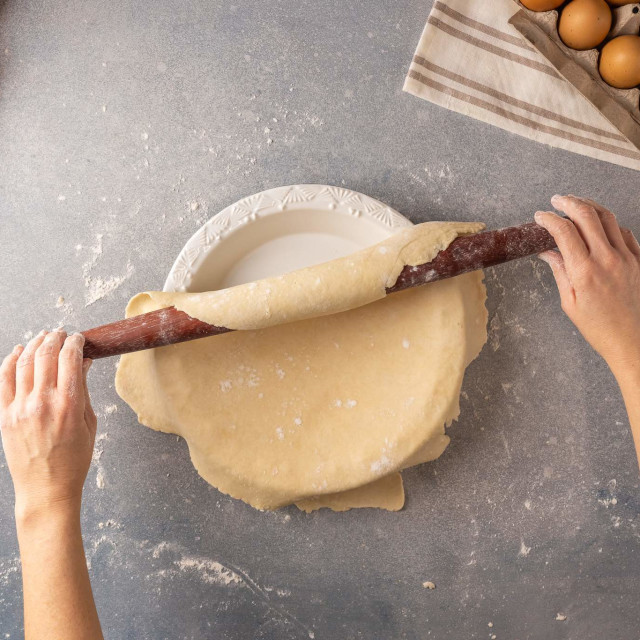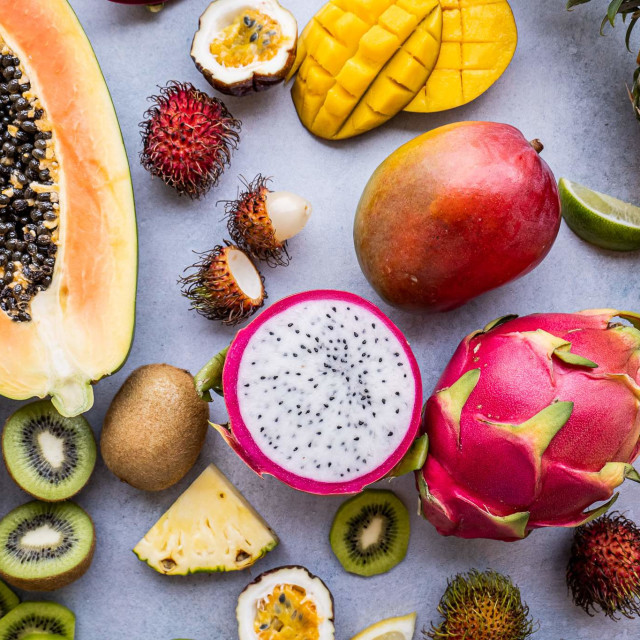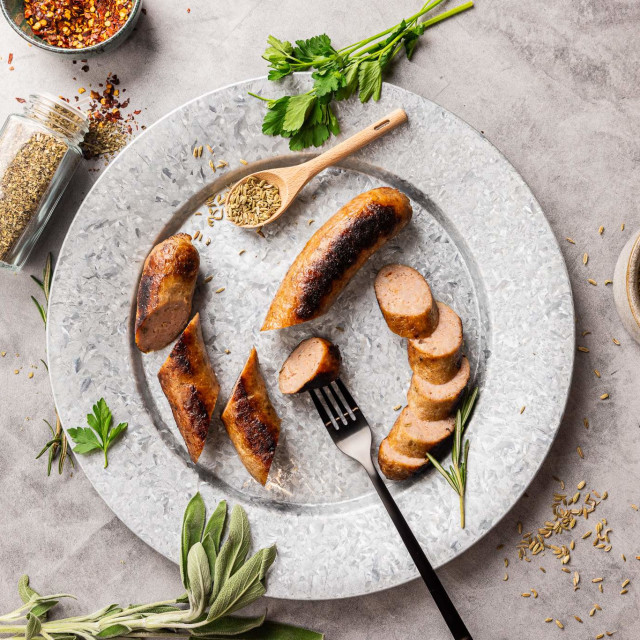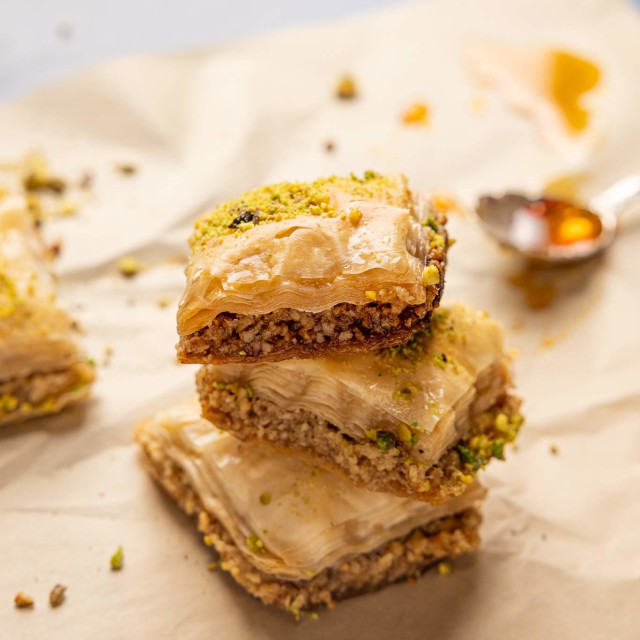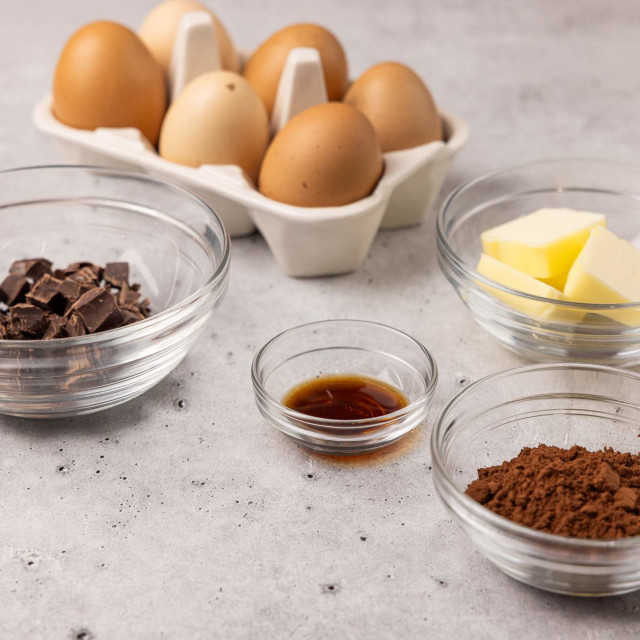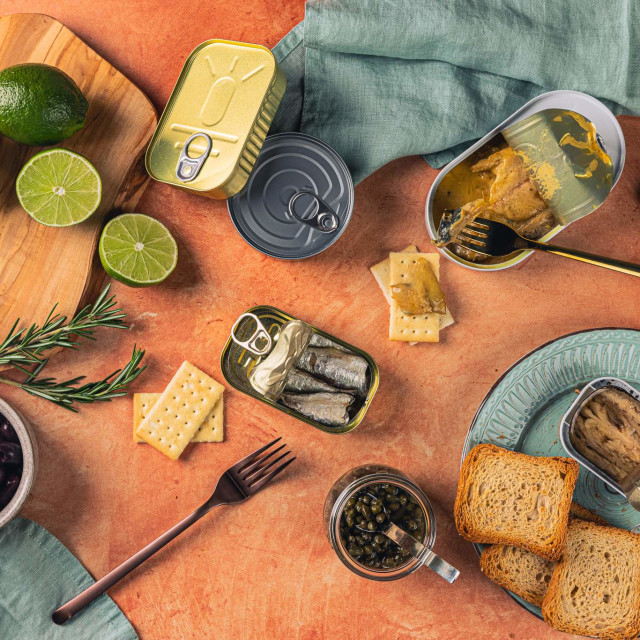Sunflower Seeds
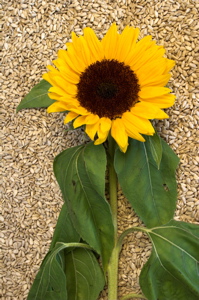 |
Sunflower seeds are a favorite for snacking, but their mild flavor is compatible with all kinds of recipes—whether salty, sour or sweet. |
The tall, brilliant yellow sunflower (Helianthus annuus) produces these firm, but tender seeds that are universally loved as a snack food. They also make a wonderful addition to salads, granola, baked goods and cooked dishes.
Encased in a hard, black-and-white striped shell, sunflower seeds have a mildly nutty taste that's often compared to the Jerusalem artichoke. They are pressed to make sunflower oil, which is very high in polyunsaturated fat and low in saturated fat. The delicate, pale yellow oil is one of the most popular in the world for cooking and salads.
History
Archaeological evidence suggests Native American Indians cultivated sunflower seeds around 3000 BC. Various tribes used the seeds to make flour or meal for cakes, mush and bread, as well as medicinal remedies for snakebites, cuts and bruises.
Varieties and Buying Tips
Sunflower seeds are sold dried or roasted, in or out of the shell (kernel), and salted or unsalted. They are usually available in prepackaged containers or bulk bins.When purchasing from bulk bins, smell the seeds to make sure they are still fresh and not rancid. Unshelled seeds should be firm, not broken or dirty. For shelled seeds, avoid any that appear yellow, as they are probably spoiled.
Recently sunflower seeds have become available in flavors such as barbecue, Cajun, ranch and sour cream & onion.
Storage Tips
Since sunflower seeds are relatively high in fat and prone to rancidity, it's best to refrigerate them in an airtight container. Enjoy within six months, or freeze. The cold temperature will not cause major changes in texture and flavor.Usage Tips
• Add sunflower seeds to your favorite green, tuna, chicken or turkey salad recipes.• Sprinkle on cold cereals or hot oatmeal.
• Add to scrambled eggs.
• Use as a topping for yogurt or ice cream.
• Toss with stir-fry vegetables.
• Bake into homemade bagels, muffins, breads, cakes and bars.
Note: When combined with baking soda in baked goods, sunflower seeds cause a chemical reaction that may give your end-products a blue-green tinge. They are still safe to eat.
